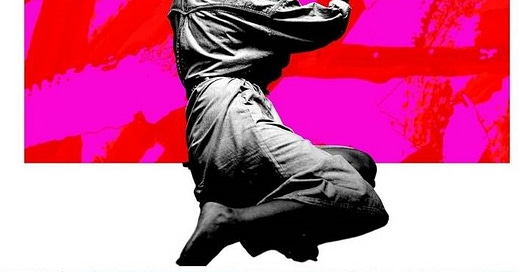The National Book Awards (US): the best-written work on the fiction shortlist
Plus the best-written previous winner
COMING SOON:
—November is the busiest month for literary prizes, so we’ll be featuring the best-written books from their shortlists, and also from the century’s previous winners of these prizes. To av…
Keep reading with a 7-day free trial
Subscribe to Auraist: picking the best-written books to keep reading this post and get 7 days of free access to the full post archives.



